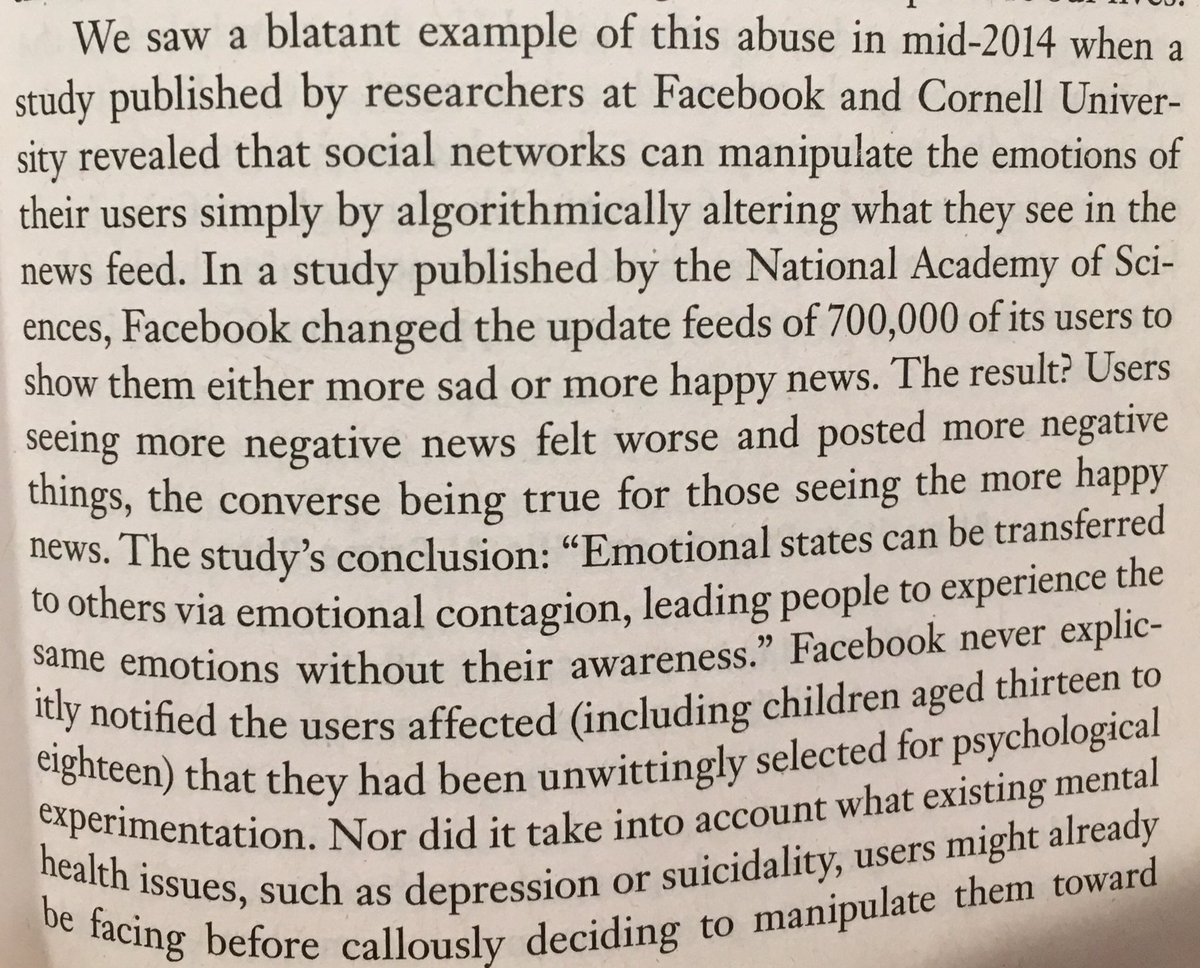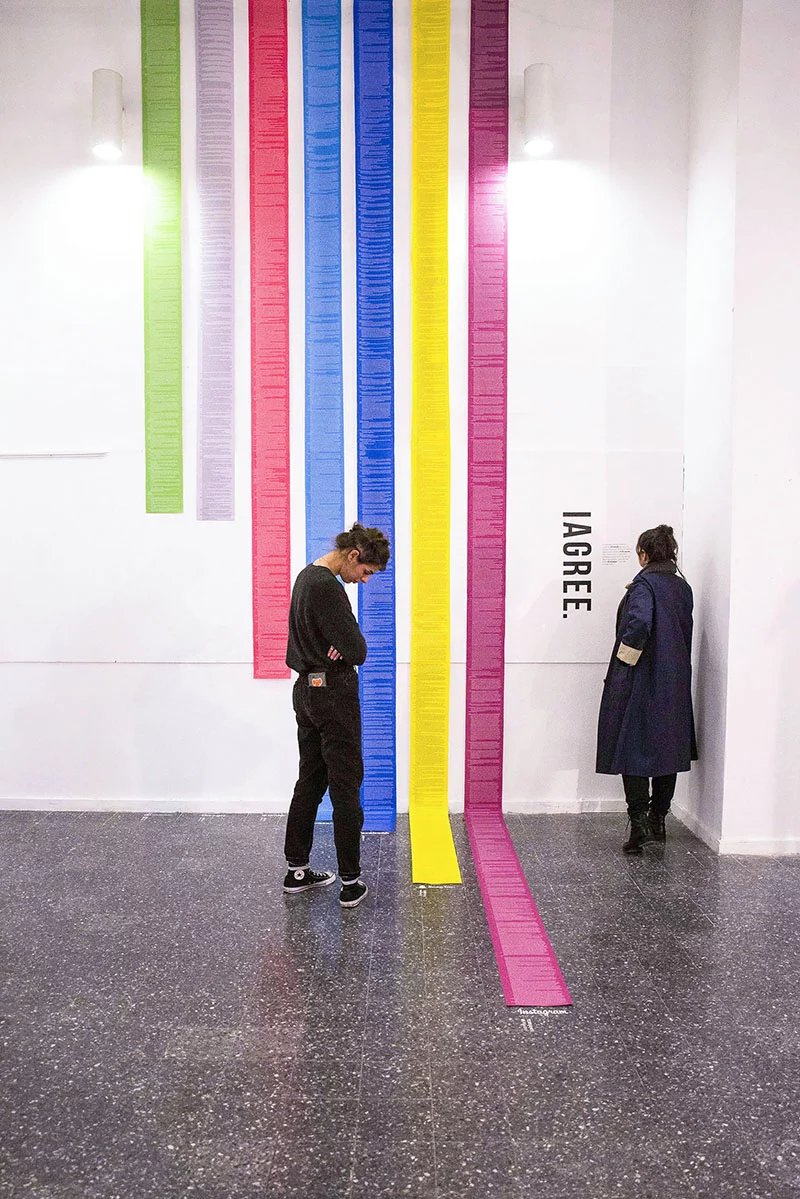(I couldn't find anything more recent than a 4-yr-old article, so maybe this is falling by the wayside, but still!)
theverge.com/2014/7/28/5945…
.......
...............
ok then
en.wikipedia.org/wiki/SGR-A1
nasa.gov/content/intern…
wapo.st/Y28EjG
washingtonpost.com/news/morning-m…

en.wikipedia.org/wiki/Genetic_I…
nytimes.com/2009/08/18/sci…
nytimes.com/2012/01/21/sci…
—some asshole on the H5N1 research team
rubyduvall.com/blog/behind-sc…

en.wikipedia.org/wiki/Grey_goo
"Exponential times are leading to exponential crimes."
politico.com/story/2018/05/…
Goodman name-drops a few examples, such as Java (which I avoid like the plague). The big one he names is your internet browser.
Yes, I know the internet loves to get its lols complaining about Windows Update, which has certainly boned me a few times, but take security updates seriously, y'all.
First off: lol @ "adversaries" - I dunno why that word choice makes me giggle
This is definitely something that alarms me. As Goodman said earlier, the US's electrical grid is pretty vulnerable.
wired.com/story/uber-pai…
"Though frisking four-year-olds and little old ladies in wheelchairs makes for fine 'security theater,' we're going to have to significantly up our game if we hope to prevent future terrorist attacks."
en.wikipedia.org/wiki/United_Ki…
en.wikipedia.org/wiki/DARPA_Net…
aws.amazon.com/blogs/publicse…
en.wikipedia.org/wiki/Sony_Pict…
designboom.com/readers/dima-y…




















